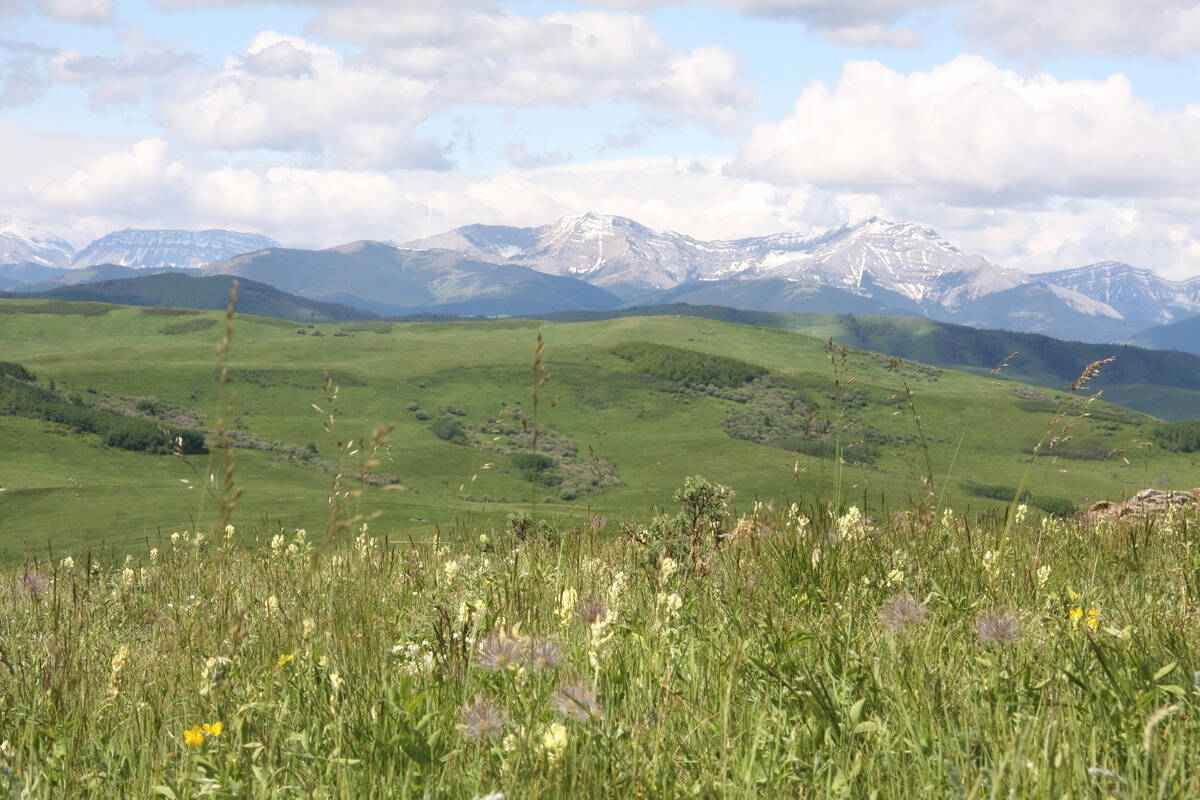Conservation associations now have a hammer to make Indian bands negotiate agreements to support rural drainage systems that run through land they buy.
But the Saskatchewan Conservation and Development Association has given up trying to put together a “one size fits all” agreement for Treaty Land Entitlement lands.
“We would like to have an umbrella agreement and throw it at everybody, but that’s not possible,” said president Jim Hupka at the organization’s annual convention.
Conservation and development associations, which administer drainage and water systems across rural Saskatchewan, are going to have to deal with dozens of Indian bands that received money for land under the TLE.
Read Also

Selenium not deal breaker in coal mining: expert
Environmental scientist weighs in on coal mining debates in Western Canada, explaining selenium and the technologies and practices to lower its concentrations in nearby waterways to coal mining operations
Kelvington area conservation authority member Eugene Zagrodney said the SCDA originally thought an organization like the Federation of Saskatchewan Indian Nations could develop a framework agreement that would apply to all TLE areas.
But he has since found out many bands don’t want any organization to negotiate on their behalf.
Because of this, the SCDA and local water authorities have been negotiating with two bands directly: Yellow Quill and One Arrow.
Zagrodney said he hopes the agreements with these bands, if they can be achieved, can be model agreements that other Indian bands and conservation authorities can follow.
He admitted they wouldn’t be binding on other agreements, but said the general principles could help other negotiations run more smoothly.
Bands that were promised land in treaties, but never received some of the land, have been given money by the federal government to buy the land they should have received.
The problem for waterway associations is that once the land is bought and converted to reserve status, no one has the right to charge property tax or collect levies on the land.
Conservation authorities also want to ensure they have access to the waterways and the power to enforce maintenance payments.
Municipal governments were given the right to deny bands the ability to convert land to reserve status until they had made a deal to cover local services. But conservation and development associations weren’t immediately given this power.
Hupka told SCDA members the federal government recently accepted the organization’s argument that they too deserved the power to deny reserve status and that has given drainage associations a better chance of protecting their waterways.
“In today’s world, you’ve got to have a hammer,” Hupka said.
Indian bands want to quickly reach deals and convert land they’ve bought because until they do, they have to pay municipal taxes on the land, Hupka said.
Some bands have bought as many as 100 quarters of land, bringing a heavy tax bill.
Incentive to deal
But Zagrodney said conservation authorities also have a strong incentive to make deals, because if they don’t, the federal government could claim they weren’t negotiating in good faith and override the authority’s power to deny reserve status.
While reaching agreements is difficult, Zagrodney said his authority and the Yellow Quill band are having successful negotiations.
He said local Indians and farmers can probably reach agreements, but problems arise when “the bureaucrats and government departments” get involved.















